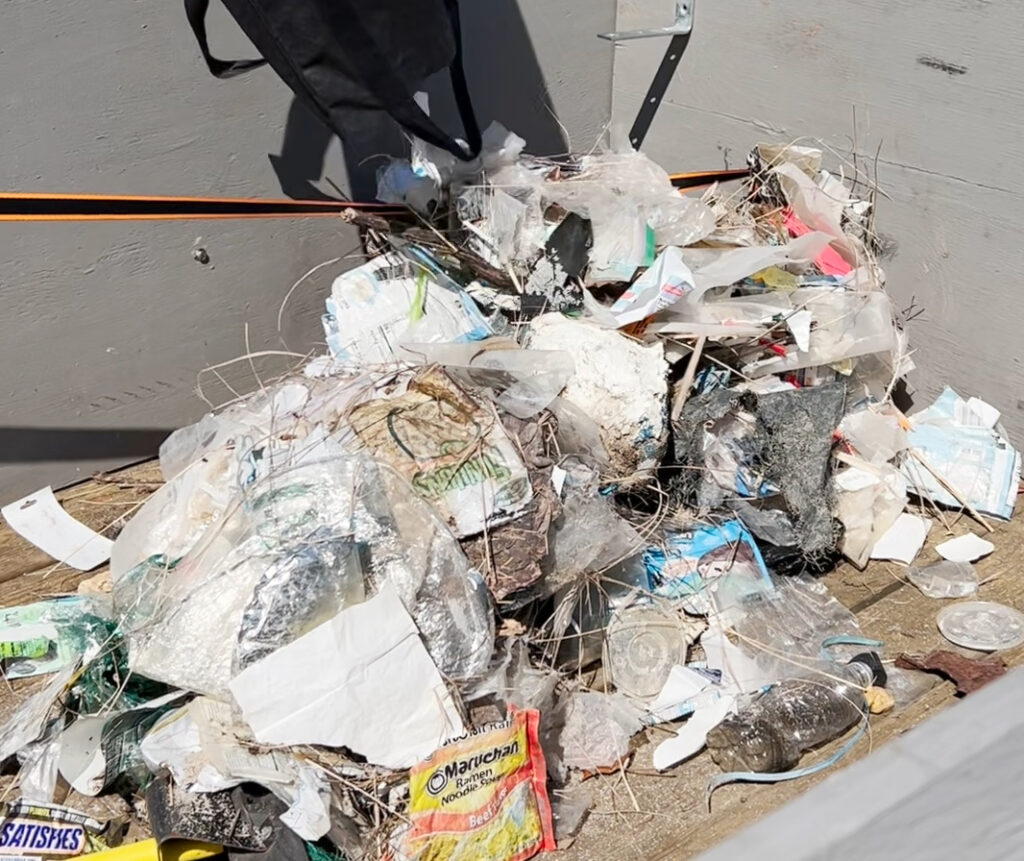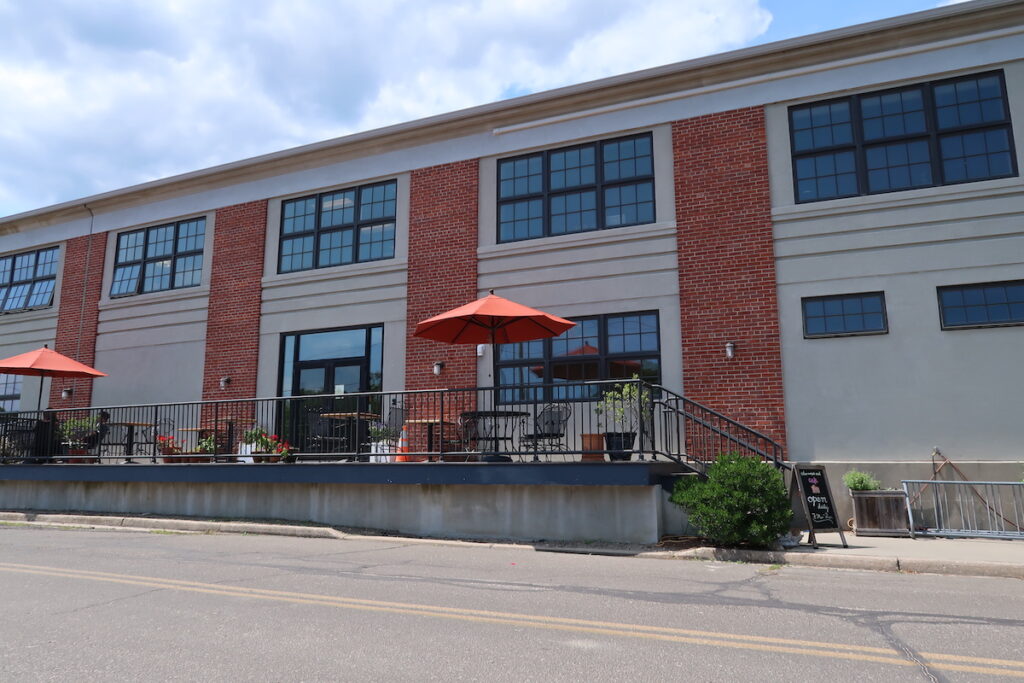Town, state plan joint program to address overpopulation of deer and ticks on North Fork

Southold Town is taking steps to combat the overwhelming deer and tick population.
The Town Board, at a regular session Tuesday, adopted an updated segment from the 2021-2030 state deer management plan, with plans to implement it where applicable. During a work session earlier that day, board members indicated plans to work with the state on a pilot program to help manage the deer population in town.
The problem has been a conversation on the North Fork for years. In November, a North Fork deer management coalition outlined via Zoom several strategies that local governments may take to regain control over the deer population. The coalition said Southold Town is home to an estimated six to 10 times more deer than the local ecosystem can sustain, causing damage to the environment and human health. More than 90% of 194 respondents to a survey from the coalition said they know someone who has suffered a tick-borne disease.
Earlier this year, the town and other local civic leaders signed a letter asking the county Tick Control Advisory Committee to declare an “escalating public health issue” and seek changes to state law to better manage the deer population. Town Board member Greg Doroski, who is liaison to the Deer Management Task Force, said a civic group put the letter together this winter, and it was supported by the deer task force and Town Board.
“It went to the county and not much happened,” he said. “I reached out to Legislator [Al] Krupski [D-Cutchogue] and we kind of talked about the best way to kind of move this forward. And he proposed the idea of putting together a meeting with the town folks, us as the Town Board, with the assembly folks, in an effort to figure out the best way to push this forward.”
The town met with Assembly members Jodi Giglio (R-Baiting Hollow) and Fred Thiele (I-Sag Harbor) last week, according to Mr. Doroski. The group decided that, rather than pushing for statewide changes to Environmental Conservation Law, they would propose a pilot program to allow certain measures in Southold Town.
Deer management and hunting activities in New York fall under the state Environmental Conservation Law, which grants authority to the Department of Environmental Conservation to regulate some aspects of the practices. Southold’s pilot program would be based on Appendix 8 of the DEC’s “Management Plan for White-Tailed Deer in New York State, 2021-2030,” which outlines several suggestions for ECL amendments to improve deer management. The resolution passed Tuesday notes Southold “resolves to execute the actions set forth in the Appendix 8 of the Plan where applicable.”
“We did that because there is, we feel, widespread support in Southold Town for these efforts. The deer crisis in Southold Town is a lot bigger than it is in a lot of parts of the state and some of the restrictions, specifically related to the use of rifles and so on and so forth, have more of an impact in Southold Town,” Mr. Doroski said. The pilot program will have two prongs — one is to “beef up what recreational hunters can do,” and the other is “formalizing a professional deer culling program.”
“I think the goal there would be to get the deer herd to a manageable, sustainable level, and then kind of pull back on that and then let recreational hunters just kind of keep things at the status quo,” he added.
The pilot program, which would be limited to the local area, would need to be approved by the state government. Mr. Doroski said it’s possible that, besides Southold Town, it may also be permitted throughout Ms. Giglio’s district.
“But one of the benefits of doing kind of a local pilot program is, typically in the Assembly and in the Senate and also the governor, there’s kind of more leeway to allow local programs to kind of move forward because they have the best understanding of their local issues,” he said. Plus, state lawmakers “don’t need to worry about expending political capital on something that may not be popular with their residents.”
Other areas of the state may not be facing the same deer crisis that Southold Town is, Mr. Doroski pointed out. “They see deer as, you know, kind of nice, cute wildlife and not the public health crisis that we’ve seen in Southold Town.”
Appendix 8 says statutes should be modified to grant the DEC full regulatory authority to set deer hunting seasons and regulate methods of take and bag limits in all parts of the state. Some of those changes to recreational regulations include:
• Allowing the use of firearms to take deer during the regular season.
• Full authority to regulate crossbow use.
• Allowing deer hunting in currently closed areas.
• Allowing the use of firearms to take deer in areas that are currently restricted to bow only.
• Allowing hunters in urban deer control areas to use some techniques that are prohibited under general hunting laws.
• Setting conditions for compensation to hunters for deer that they harvest.
Some other changes suggest allowing the DEC to issue permits that allow qualified professionals under controlled circumstances to:
• Use bait within 300 feet of a road.
• Shoot from a vehicle. Supervisor Scott Russell indicated opposition to allowing this in Southold Town at Tuesday’s work session.
• Discharge weapons within 500 feet of a dwelling or structure.
• Use firearms equipped with sound suppression.
• The use of rifles in Suffolk County.
Some other suggestions include creating incentives for landowners to allow public hunting and allowing the issuance of hunting licenses to those as young as 12, provided they have the supervision of an experienced, licensed adult.
The Town Board indicated support for most of the points laid out by Appendix 8.








